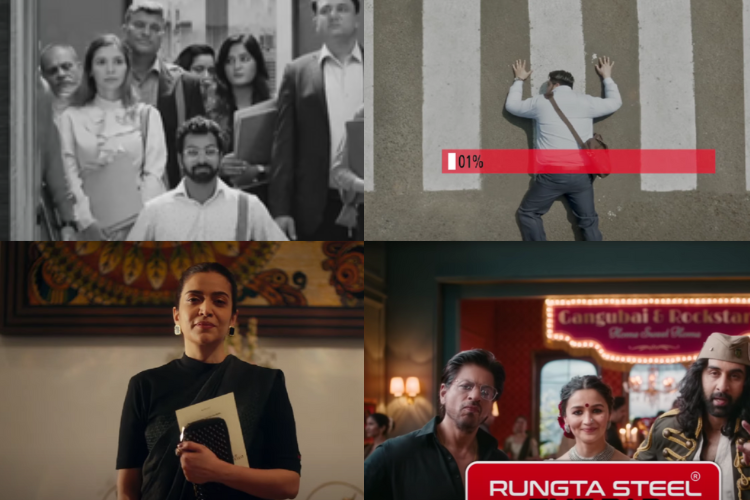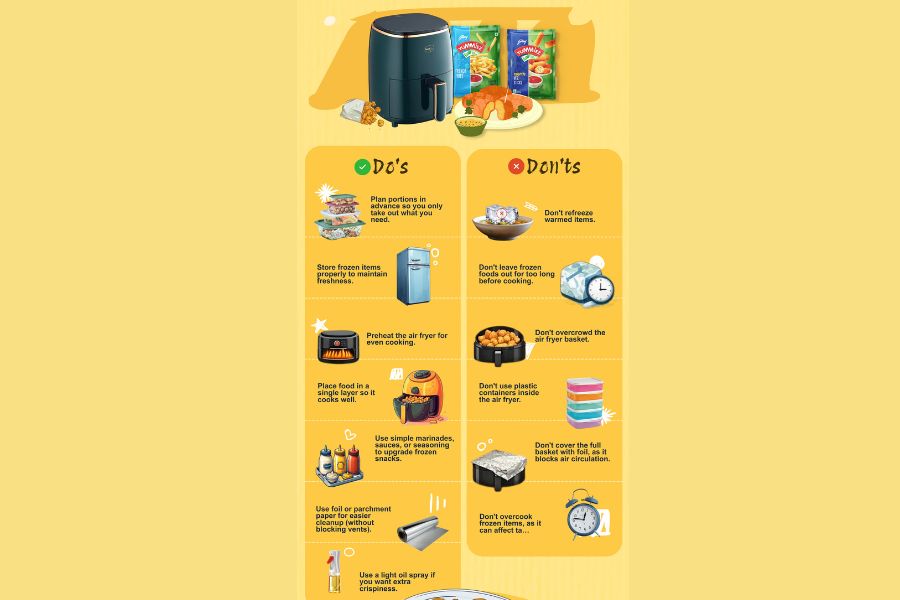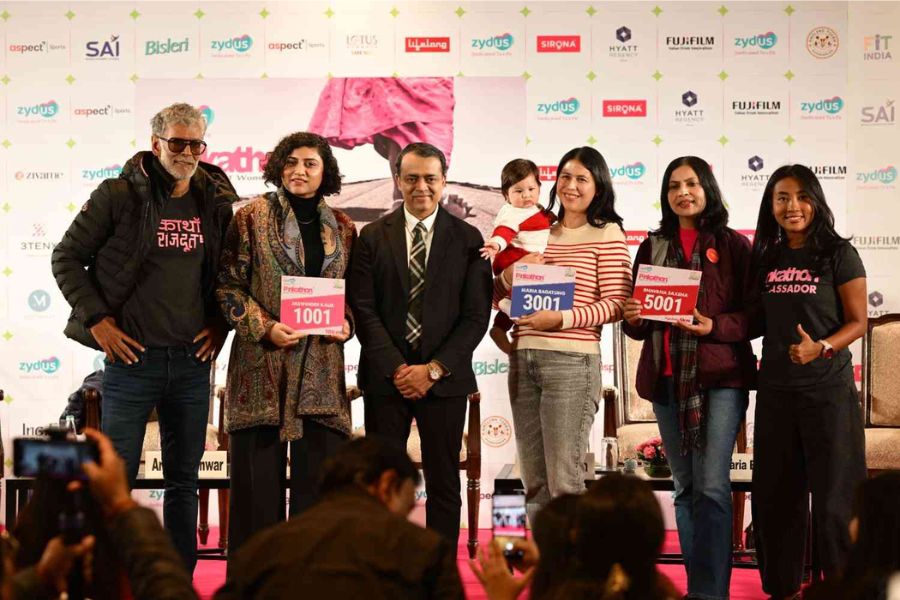Are the ads promoting diversity and inclusion in the true sense?
In recent years, advertisers have made commendable efforts to break free from traditional gender stereotypes, challenging long-standing narratives that confine individuals to predetermined roles and power dynamics. However, while strides have been made in diversifying portrayals of gender in advertising, a glaring issue persists the perpetuation of narrow beauty standards, often favoring fair, slim, and conventionally 'good-looking' individuals.
Contemporary advertisements have indeed taken steps to avoid explicit gender stereotyping in roles and power equations. We see portrayals that defy traditional gender norms, with men engaging in caregiving roles and women depicted as assertive leaders. These portrayals signify a progressive shift towards more inclusive representations of gender in advertising, challenging outdated notions of masculinity and femininity.
Yet, despite these advancements, the industry continues to fall short in promoting true inclusivity as shown by most ads reviewed in this column over the years. The persistence of idealised beauty standards, characterised by fair, slim, and conventionally attractive individuals, underscores a deeper issue rooted in societal perceptions of beauty. By perpetuating these standards, advertisers inadvertently exclude individuals who do not fit within this narrow framework, reinforcing feelings of inadequacy and perpetuating harmful beauty ideals.
To truly embrace inclusivity, advertisers must broaden their definition of beauty and prioritise authenticity over idealisation. By showcasing a diverse range of appearances, experiences, and identities, advertisements can better reflect the richness and complexity of human diversity. Only then can advertising catalyze positive social change, challenging not only gender stereotypes but also prevailing beauty standards that marginalise and exclude.
The Gender Sensitivity score is based on the following parameters:
0.5-1.5: Gender offensive, 1.5- 2.5: Gender stereotypical, 2.5-3.5: Gender neutral, 3.5- 4.5: Gender sensitive, 4.5-5: Gender transformative.
What could have worked:
A good representation of workplace diversity and inclusivity as a core value of HDFC ERGO. But, unfortunately, diversity doesn't seem to include different body shapes and complexions.
Gender Sensitivity Score (GSS): 3.25/5
The ad promotes inclusivity and individuality by encouraging consumers to express their unique personalities. It captures people from different age groups and backgrounds but still sticks to the traditional definition of beauty in terms of fair complexion and slim figures!
GSS: 2.75/5
Other films from the week:
GSS: 3/5
GSS: 2.5/5
GSS: 2.75/5
GSS: 3/5
GSS: 3/5
What could have worked:




